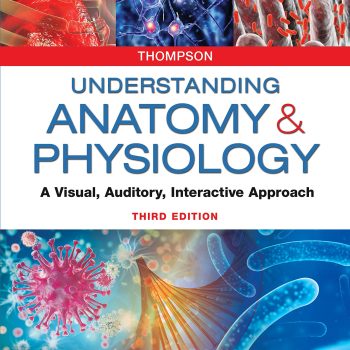Test Bank For Industrial And Organizational Psychology Research and Practice 6th Edition by Paul E. Spector
Digital item No Waiting Time Instant Download
ISBN: 0470949767, ISBN 9780470949764,
ISBN: 9781118215180, ISBN: 9780470949764
Test Bank For Industrial And Organizational Psychology Research and Practice 6th Edition by Paul E. Spector
CHAPTER 4: PERFORMANCE APPRAISAL
Learning Objectives
After studying this chapter, the student should be able to:
1. List the uses of job performance information.
2. Contrast actual and theoretical criteria, explaining contamination, deficiency, and relevance.
3. Discuss criterion complexity in terms of composite, multidimensional, and dynamic criteria as well as contextual performance.
4. Contrast objective and subjective measures of performance and give their advantages and disadvantages.
5. List the various types of rater biases and errors and discuss how they can possibly be controlled.
6. Discuss the impact of technology on performance appraisal.
7. List the characteristics of a legally defensible performance appraisal system.
TESTBANK
Multiple Choice Questions
1. Which of the following is NOT a use of performance appraisal information?
a. using as a criterion to determine the effectiveness of an organizational intervention
b. providing employees with feedback about job performance
c. selection of appropriate job applicants
d. making salary decisions
Answer: c Learning Objective: 1 Page: 77-78
2. Your roommate, a manager for a fast food chain, is not looking forward to conducting performance appraisals on his employees. In frustration he asks you what the purpose of performance appraisal is. What do you tell him?
a. “Performance appraisal can be used to motivate employees you don’t like to leave the company.”
b. “Performance appraisals are a waste of managers’ time. Employees don’t pay attention to feedback and the company never uses the information for anything.”
c. “Performance appraisals provide information for research into effective organizational practices.”
d. “Performance appraisals only give employees justification to ask for larger pay increases.”
Answer: c Learning Objective: 1 Page: 77-78
3. Performance appraisals are often used for promotion, demotion, pay raises, and terminations. These are examples of the use of performance appraisal for:
a. employee development
b. research
c. job analysis
d. administrative decisions









Reviews
There are no reviews yet.